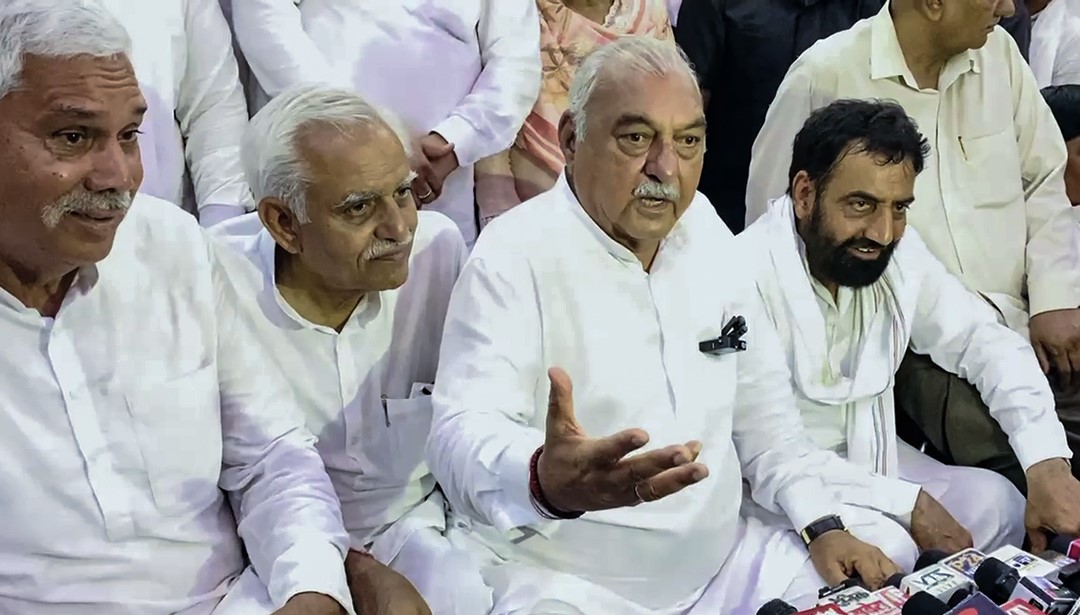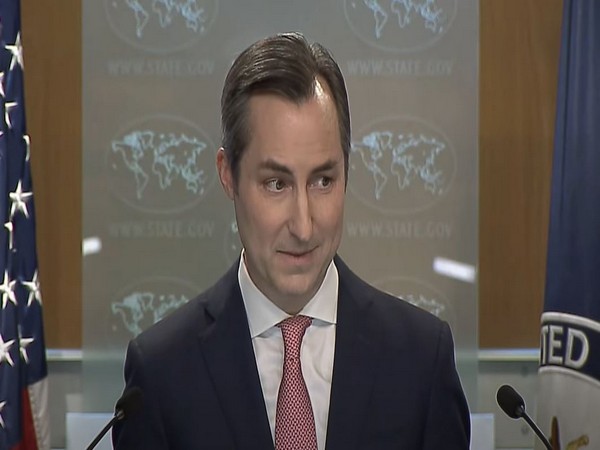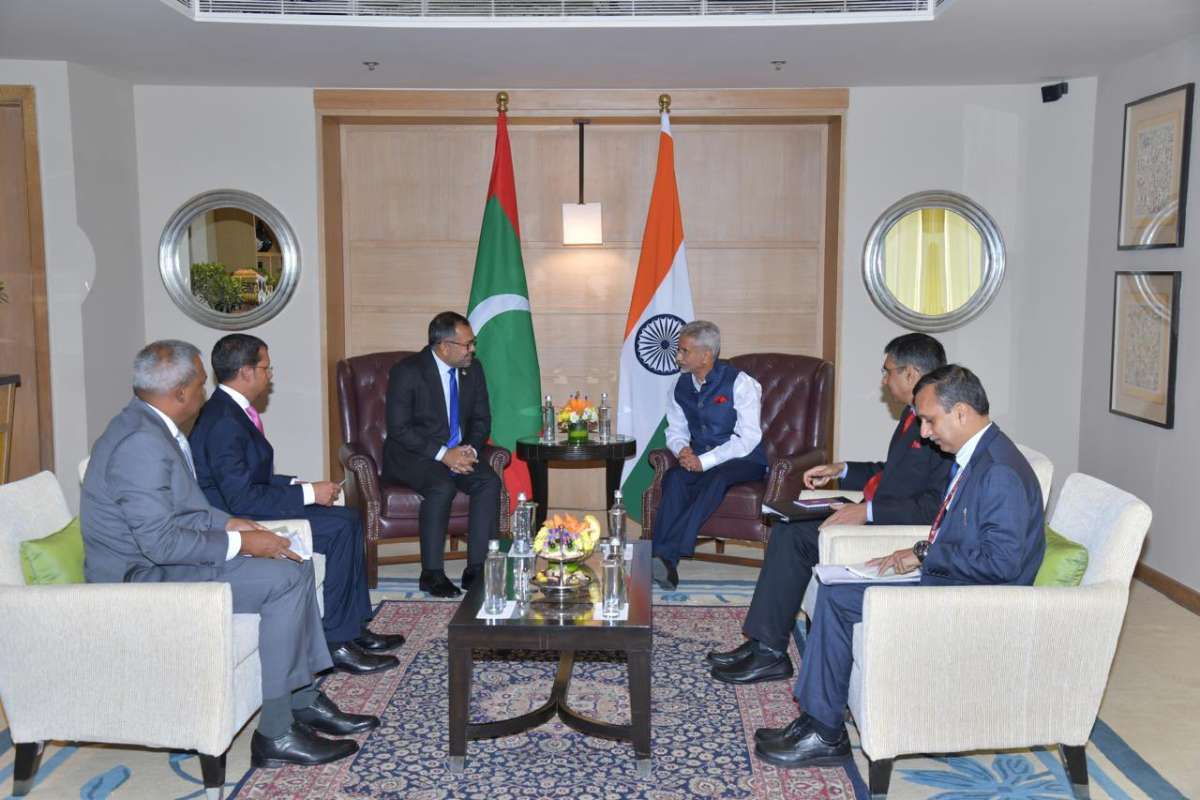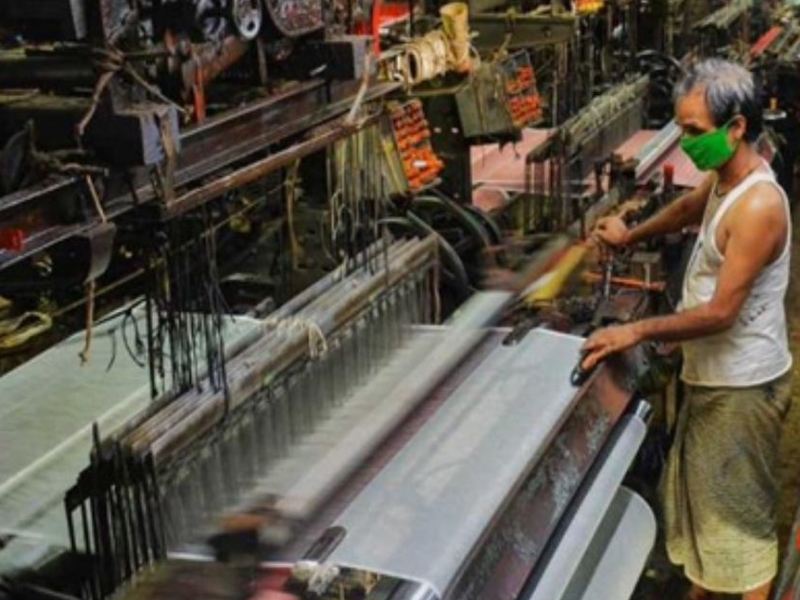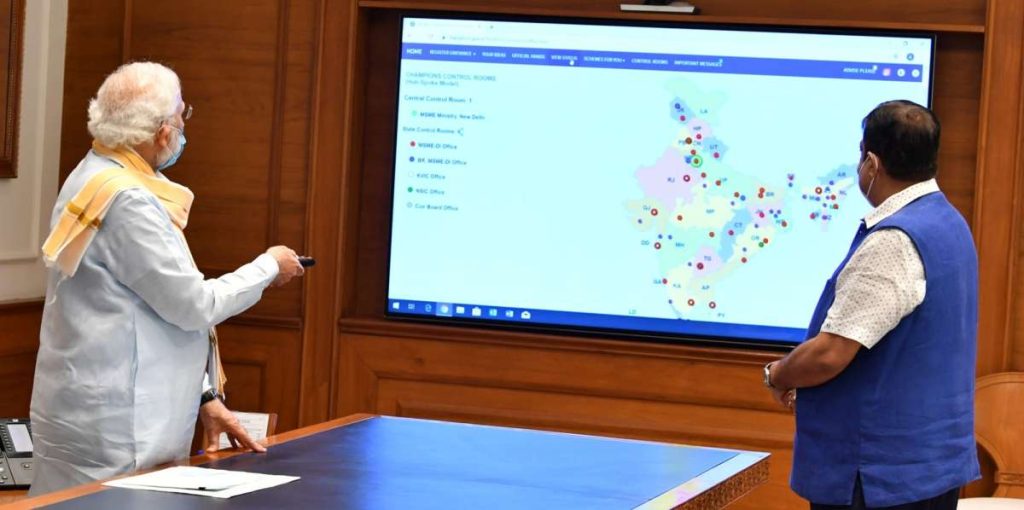However, three Jannayak Janta Party (JJP) MLAs met former CM Manohar Lal Khattar at the residence of state Panchayat Minister Mahipal Dhanda at Panipat
Amid the political crisis in Haryana brought on by the withdrawal of support to the BJP government by three Independent MLAs, former deputy chief minister and Jannayak Janta Party (JJP) supremo, Dushyant Chautala, wrote to Governor Bandaru Dattatreya on Thursday, seeking his urgent intervention in ending the prevailing political deadlock and impose President’s Rule if the incumbent was unable to prove its majority in the Assembly.
In his letter, Dushyant urged the Governor to seek a floor test at the earliest and impose President’s Rule if the government failed to prove its majority in the House.
“Given the developments and the clear stance of the party, i.e., JJP, which does not extend its support to the present government and is open to backing any other political party for government formation, it is evident that the incumbent government no longer commands a majority in the legislative assembly,” Dushyant wrote to the Governor.
Earlier in the day, the JJP chief renewed his offer of ‘outside support’ to the Congress in bringing down the incumbent BJP government, saying that the Governor is vested with the power to order a floor test, adding that if the government doesn’t have the majority, he should enforce President’s Rule in the state without wasting a second’s time.
Speaking to ANI, the former deputy CM said, “The government that was formed two months ago is now in a minority after two MLAs, who supported them–one from the BJP and the other an Independent MLA–resigned. Three Independent MLAs, who were with them, also withdrew support and conveyed the same to the Governor. The JJP has clearly stated that in the event of a No Confidence Motion against this government, we will support it. We have also written to the Governor, clearing our stand. Now, the onus is on the Congress to take this step (seek a floor test). They have to decide if they would do what’s necessary to corner and bring down this government.”
On May 7, the Haryana government suffered a big jolt after three independent MLAs withdrew support from the Nayab Saini government, pushing the dispensation into a minority. The three MLAs were Randhir Golan from Pundri, Dharmpal Gonder from Nilokheri and Sombir Singh Sangwan from Charkhi Dadri. All of them decided to extend support to the Congress.
However, the BJP appeared confident of retaining power, with former chief minister Manhora Lal Khattar claiming that several leaders of the Congress and the JJP were in touch with his party.
The development came amid the Lok Sabha polls and within two months after Nayab Saini took over as CM, replacing Khattar.
In the House of 90 members, the BJP has 39 MLAs, the Congress 30, the Jan Nayak Janata Party has 10, the Haryana Lokhit Party (HLP) has one, and the Indian National Lok Dal has one, along with seven Independents.
The BJP, which had 41 MLAs initially, were reduced to 39 after the Karnal and Rania seats fell vacant following the resignation of two MLAs.
Six of the seven Independent MLAs support the incumbent BJP earlier. However, with three Independents withdrawing support, the BJP, at present, has the support of only three Independents and one HLP MLA, taking its strength in the Assembly to 43 MLAs.
All 10 Lok Sabha seats in the state would go to the polls in the penultimate phase, on May 25.
Three JJP MLAs meet Khattar
Days after three Independent MLAs in Haryana withdrew their support to the Bharatiya Janata Party government in the state, three Jannayak Janta Party (JJP) MLAs met former Chief Minister Manohar Lal Khattar at the residence of state Panchayat Minister Mahipal Dhanda at Panipat on Thursday.
According to reports, JJP’s Devender Singh Babli, Jogi Ram Sihag and Ramniwas Surjakhera reached Dhanda’s residence in their respective vehicles.
However, Dhanda later clarified that the JJP MLAs had come to meet his family to inquire about the well-being of his ailing nephew.
Amid the political crisis in Haryana brought on by the withdrawal of support to the BJP government by three Independent MLAs, former deputy chief minister and JJP supremo, Dushyant Chautala, wrote to Governor Bandaru Dattatreya on Thursday, seeking his urgent intervention in ending the prevailing political deadlock and impose President’s Rule if the incumbent was unable to prove its majority in the Assembly.
Earlier in the day, the JJP chief renewed his offer of ‘outside support’ to the Congress in bringing down the incumbent BJP government.
On May 7, the Haryana government suffered a big jolt after three independent MLAs withdrew support from the Nayab Saini government, pushing the dispensation into a minority. The three MLAs were Randhir Golan from Pundri, Dharmpal Gonder from Nilokheri and Sombir Singh Sangwan from Charkhi Dadri. All of them decided to extend support to the Congress.
However, the BJP appeared confident of retaining power, with former chief minister Manhora Lal Khattar claiming that several leaders of the Congress and the JJP were in touch with his party.
The development came amid the Lok Sabha polls and within two months after Nayab Saini took over as CM, replacing Khattar.
ALSO READ: Russia Accuses US of Interfering in Indian Elections

